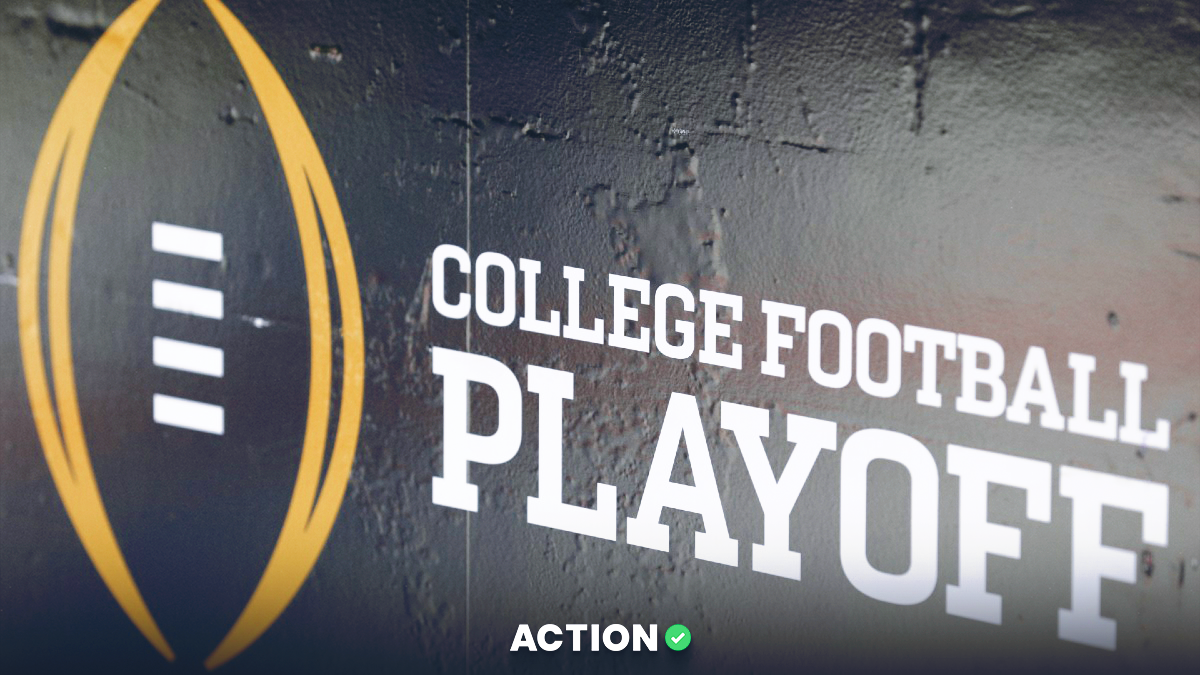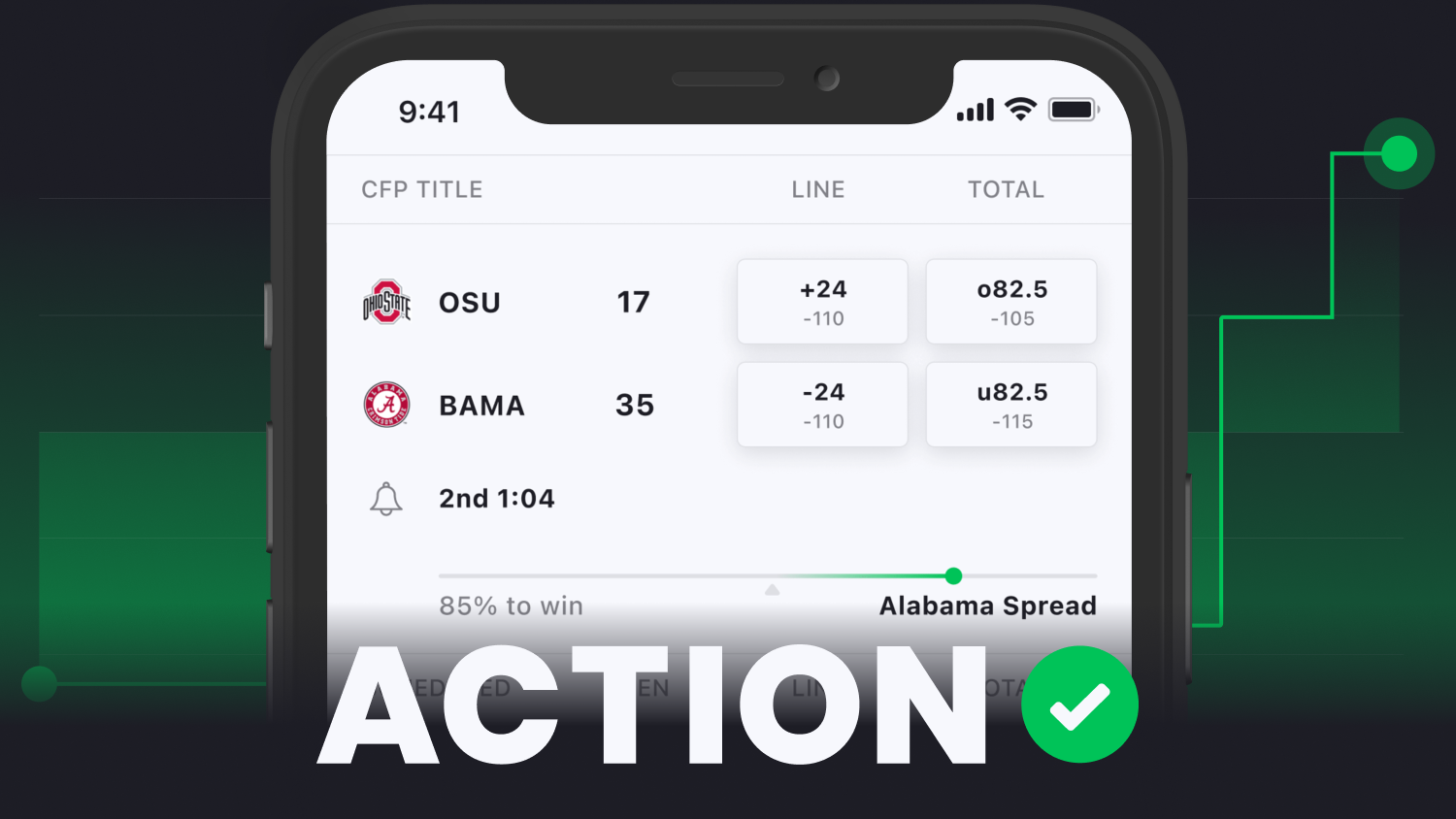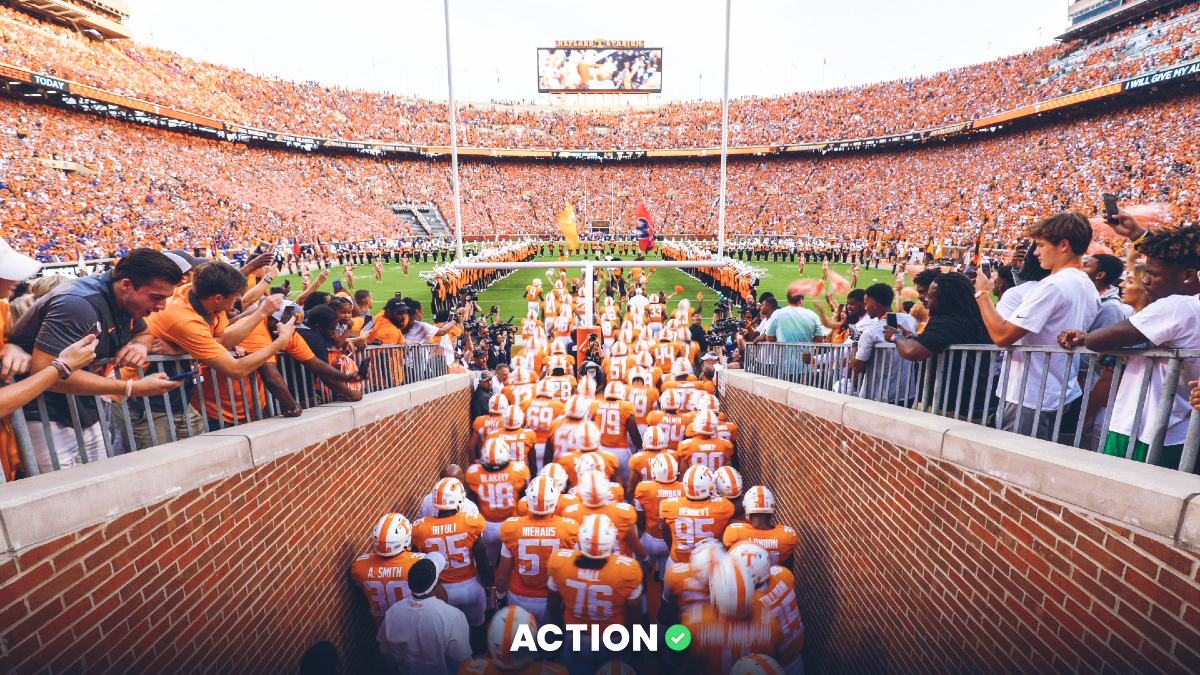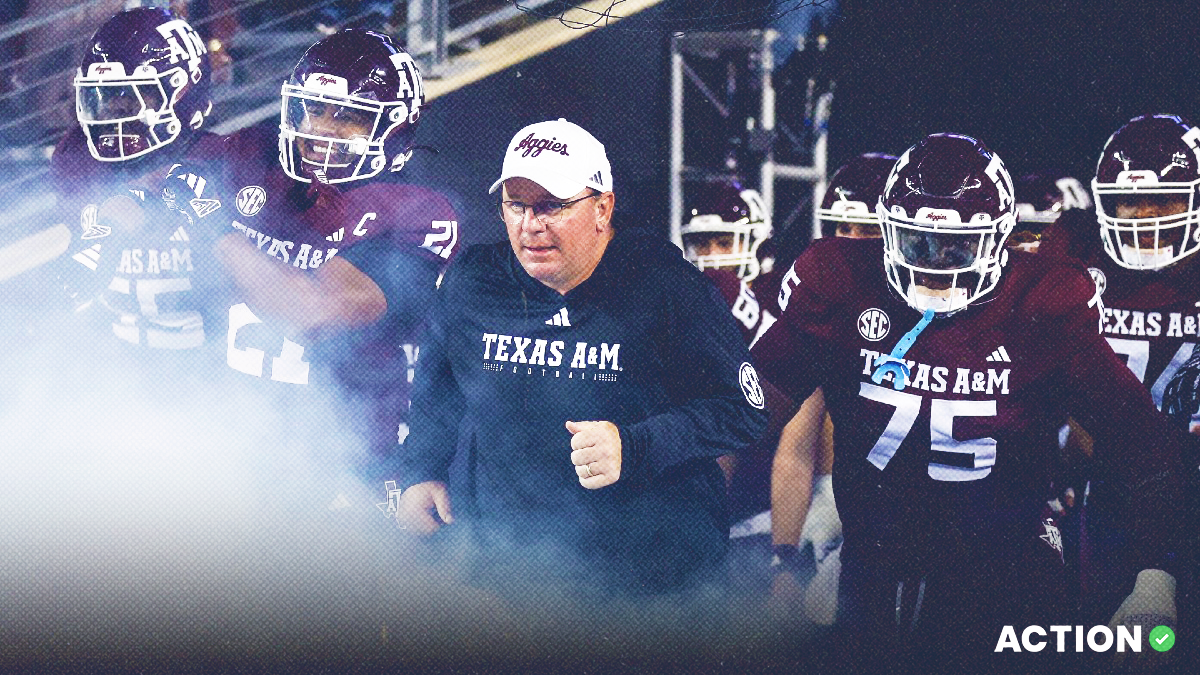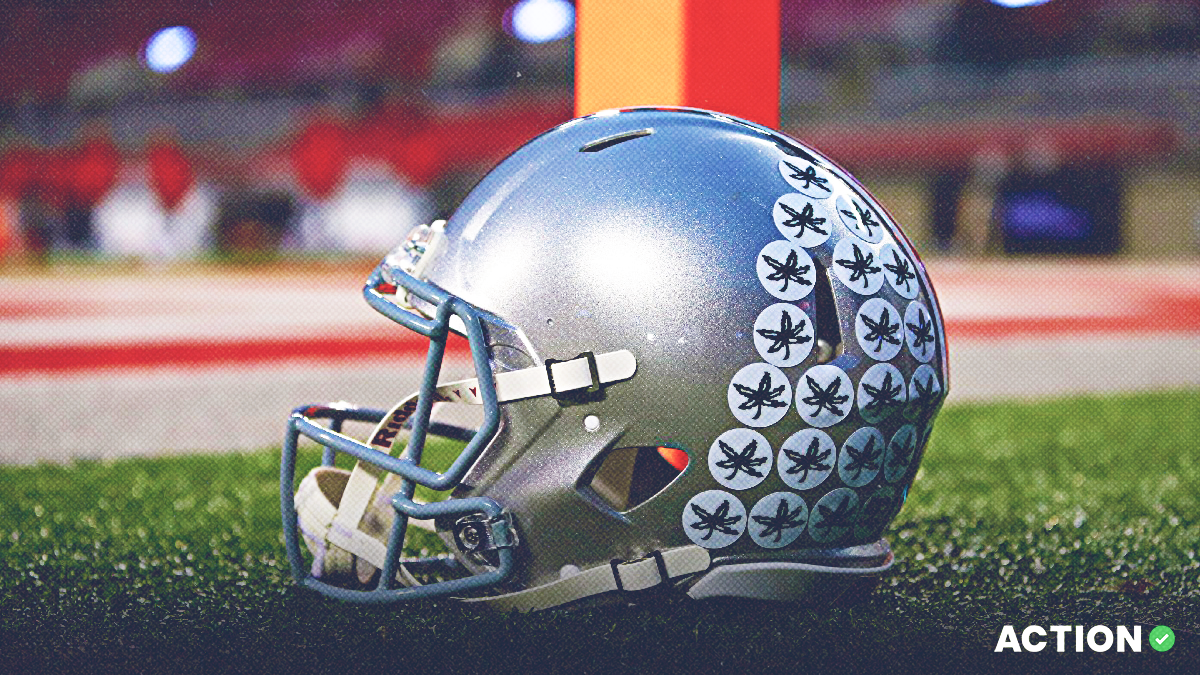Each week, the College Football Playoff selection committee never disappoints by contradicting the previous week’s rankings.
It’s so predictable that you can pretty much set your watch to it.
Tuesday night’s rankings were no exception. Is strength of schedule important? For some teams. Are fewer losses more vital? For some teams. Is the eye test — as in who do “I” think is the better team — the most important factor? For some teams.
Are all teams evaluated the same way? Absolutely not.
Not surprisingly, the top five teams remained the same from last week: Oregon, Ohio State, Texas, Penn State and Indiana.
In last week’s rankings, however, Miami ranked one spot ahead of Alabama. On Tuesday night, Alabama leapfrogged Miami — because the Hurricanes were off while the Tide beat an FCS team, 52-7. Really?
Look, if the committee believes Alabama is better than Miami, I have no problem with that. What I have an issue with is why the committee would have Alabama behind Miami last week and then move it past Miami based on beating up an FCS team.
Maybe they realized they didn’t rank Alabama properly the week before? Who knows? We’ll never know.
How about Georgia? The Bulldogs are 3-2 against Top 25 teams, including four teams in the top 11, while playing the nation’s third-toughest schedule. Yet, Georgia ranks No. 10 — seven spots behind Texas, which the Bulldogs beat, 30-15, in Austin just four weeks ago.
Georgia is 8-2, Texas is 9-1.
Texas has as many Top 25 wins as you and I do: Zero. It has exactly two wins over teams with winning records: Colorado State and Vanderbilt. Yet, the Longhorns are ranked No. 3.
Why is Texas seven spots ahead of Georgia? Why is Texas No. 3? I have no idea. I was hoping you could tell me.
Here is selection chair Warde Manuel’s response about how the committee weighs strength of schedule regarding Georgia, compared to the other SEC teams.
“Yeah, I mean, it's hard as we look at all of these teams,” Manuel said. “They're playing different schedules. It's not the fault of one team who doesn't have a stronger schedule who they're playing in their conference opponents. These conferences have increased in size, and so there are less matchups where you are matching the top teams in the league each weekend. So it does make it difficult to assess the teams even with the strength of schedule.
“We have to rely on how the teams are playing and who they're playing as well as how the other teams, regardless of strength of schedule, are playing their opponents. We take a look at it holistically. Strength of schedule is a component. It's an important data point to us and for us. But it is not the only assessment that we make.
“But Georgia, they had a great game this week against Tennessee and we will continue to look at them as they progress in this season.”
Manuel is in an impossible position. He might have voted Georgia No. 1 or No. 100, but he has to give an explanation as to why the committee voted the Bulldogs at No. 10.
The good news and bad news is Tuesday’s rankings don’t matter. Neither do next week’s rankings. None matter until the final one on Dec. 8.
And as the committee has consistently shown, just because teams are slotted in a specific spot in previous weeks doesn’t mean they won’t jostle teams around — even if they didn’t play the previous week.
That’s something you can count on.


